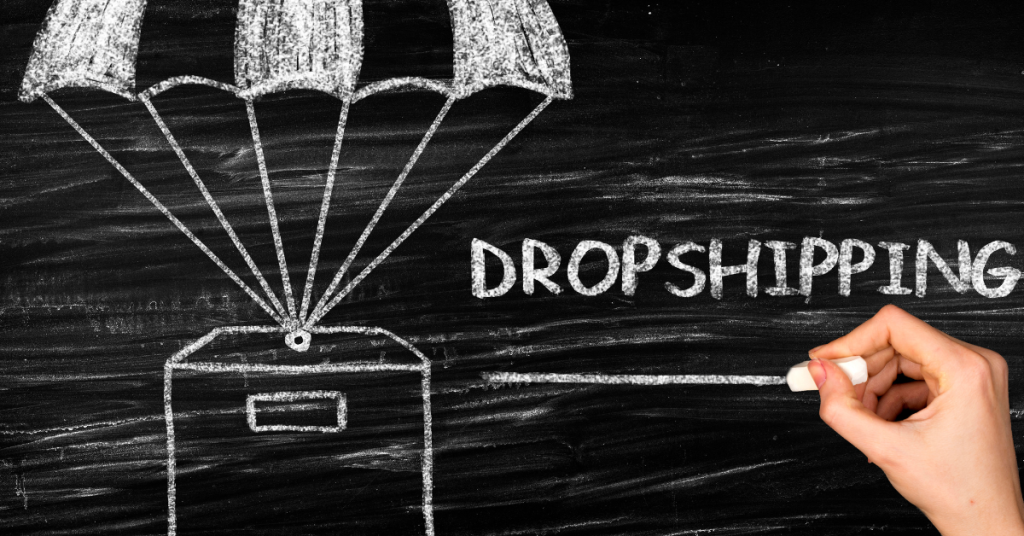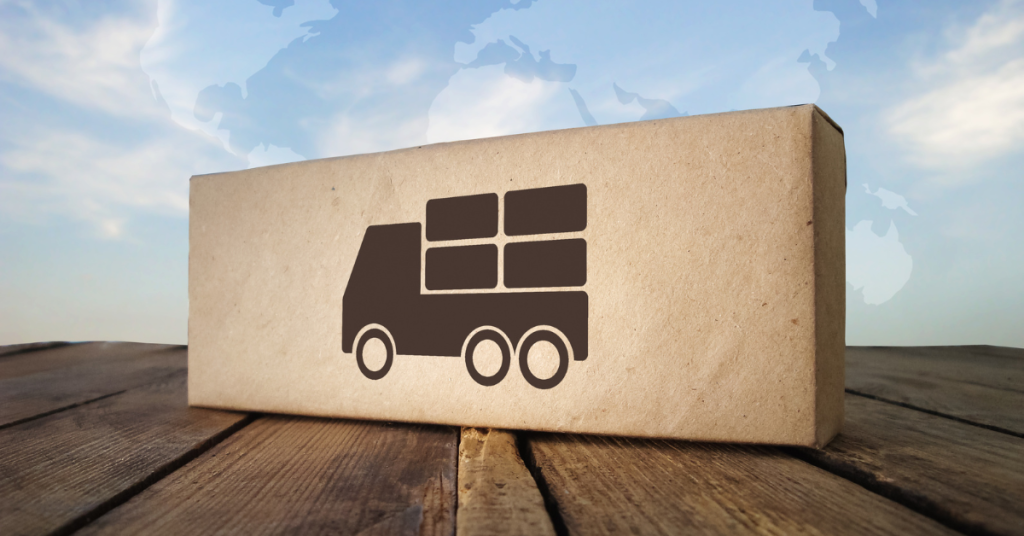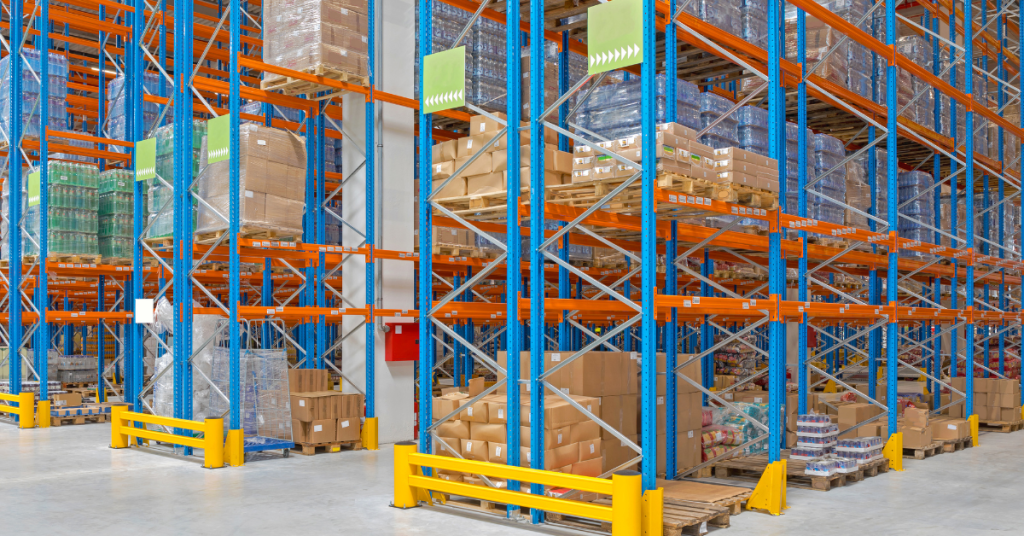Ecommerce has changed the retail landscape, and dropshipping is quickly becoming the preferred logistics strategy for many retailers. This article explores why more and more retailers are turning to dropshipping as their go-to ecommerce fulfillment solution.
Low Overhead Costs
One of the biggest advantages of dropshipping is the low overhead costs. When retailers choose to store and manage their own inventory, they need to invest in warehousing, shipping, and handling equipment. With dropshipping, retailers don’t have to worry about these costs because the supplier takes care of the entire process. This means retailers can focus on other aspects of their business, such as marketing and customer service, without having to worry about logistics.
Wide Product Selection
Another advantage of dropshipping is the wide product selection. Retailers can easily add new products to their store without having to worry about inventory management. This means retailers can offer a wider range of products without having to invest in the upfront costs of stocking them. This makes it easier for retailers to cater to their customers’ demands and preferences, which can lead to increased sales and customer satisfaction.
Scalability
Dropshipping is also highly scalable. As retailers grow their business, they can easily add new products and suppliers without worrying about storage space or logistics. This means retailers can focus on expanding their customer base and increasing their revenue without having to worry about the operational challenges that come with managing inventory.
Reduced Risk
By choosing dropshipping, retailers can reduce their risk. When retailers store and manage their own inventory, they need to invest in the products upfront. If the products don’t sell, the retailer is left with unsold inventory, which can be a financial burden. With dropshipping, retailers only purchase products when they’re sold, which means there’s less risk of unsold inventory.
Conclusion
Dropshipping is quickly becoming the preferred ecommerce logistics strategy for many retailers. It offers low overhead costs, a wide product selection, scalability, and reduced risk. By outsourcing the logistics to a third-party supplier, retailers can focus on other aspects of their business, such as marketing and customer service, and grow their business without worrying about the operational challenges of managing inventory.








